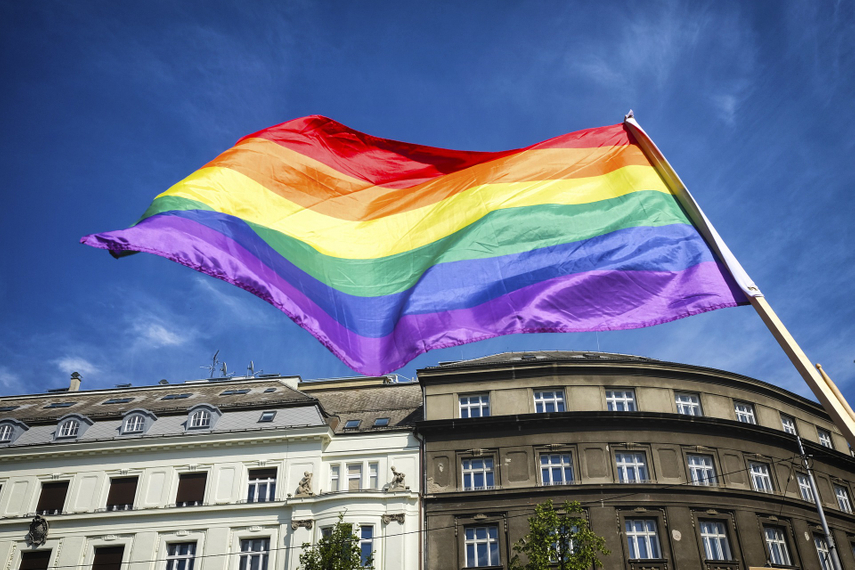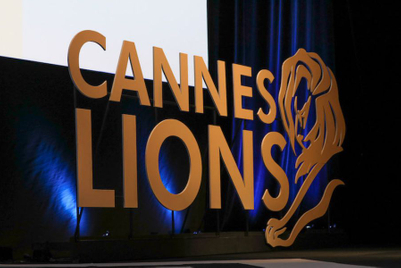
However, amidst the celebrations, a complex dynamic unfolds. While some companies display genuine support for LGBTQ+ rights, others simply hop on the bandwagon out of Fear of Missing Out (FOMO). This dual nature of corporate involvement raises an important question—does this approach truly benefit the cause, or does it risk diluting the significance of Pride Month?
Indulging in rainbow-washing
Rainbow-washing refers to the practice of businesses donning rainbow-themed logos and products during Pride Month without implementing substantial support for LGBTQ+ rights. It is the corporate equivalent of shouting “Happy Pride!” without backing it up with meaningful actions.
Rainbow-washing can undermine a brand’s credibility. Trust erodes when consumers recognise that a company’s Pride initiatives are merely performative. For the LGBTQ+ community, such superficial gestures can feel like exploitation rather than support, creating a sense of tokenism rather than genuine inclusivity.
Consider the surge of rainbow-themed merchandise or even food items like rainbow-coloured burgers. For instance, a company may release a Pride-themed collection but fail to support its LGBTQ+ employees or donate to relevant causes. While these products and initiatives add a splash of colour, they often lack substance as most of these interventions last only for Pride Month.FOMO and participating in Pride Month
In the age of social media, brands face immense pressure to stay relevant. The fear of missing out on cultural events and social movements pushes companies to participate, even if their involvement lacks sincerity.
The glittering appeal of Pride Month, with its parades and widespread media coverage, makes it an irresistible opportunity for marketing. However, reactive support, driven by FOMO, often results in hastily thrown-together campaigns that lack depth.In contrast, proactive support involves a long-term commitment to LGBTQ+ rights and a thorough understanding of the issues at hand. Consumers can easily discern between the two, with reactive gestures often seen as more mechanical than genuine.
Today’s consumers are more informed, and sceptical, than ever. They demand transparency and authenticity from the brands they support. Insincere gestures are quickly called out on social media, and brands can face backlash for rainbow-washing. As a result, companies must tread carefully and ensure their support is genuine.Genuine engagement: Beyond the logo
Authentic support goes beyond sporting a colourful logo in June. It involves concrete actions and a deep-rooted commitment to the LGBTQ+ community.
This includes inclusive policies, year-round initiatives, and genuine representation. An inclusive workplace is the foundation of genuine support.Companies must implement policies that protect LGBTQ+ employees from discrimination and ensure equal opportunities.
This includes offering benefits for same-sex partners, supporting gender transition, and creating a safe environment for all employees. Diversity should also extend to the creative teams behind marketing campaigns. By involving LGBTQ+ individuals in decision-making, companies can ensure their messages resonate authentically and avoid stereotypes or misrepresentations.
Year-round commitment
True allyship does not begin and end in June. Brands should engage with the LGBTQ+ community throughout the year, supporting initiatives and events beyond Pride Month. This continuous involvement demonstrates a genuine commitment to the cause.
One notable example is Bausch + Lomb’s #LookOfLove campaign. This initiative was consciously executed outside of Pride Month to avoid the trap of pride-washing.
The campaign included extensive AMAs (Ask Me Anything sessions) with people from the LGBTQ+ community, helping to create new allies and foster existing ones. The brand also ensured that topical content from their social media handles reflected support for the community over an extended period, showcasing a year-round dedication.
One of the most impactful ways to show support is through authentic storytelling. By sharing the real experiences of LGBTQ+ individuals, brands can foster empathy and understanding. These stories can be featured in campaigns, social media, and internal communications.
Honestly speaking
The LGBTQ+ community is not uni-dimensional. It encompasses a wide range of identities and experiences. Brands should strive to highlight this diversity in their storytelling, showcasing voices from different backgrounds, genders, and orientations.
For instance, Closeup’s recent ad campaign highlighted the inspiring journeys of three couples who defy social barriers of age, sex, caste, and religion. Through this campaign, Closeup enlightened us about the profound and genuine meaning of love, reminding us that love has the power to conquer all obstacles. This approach underscores the importance of representing diverse experiences within the LGBTQ+ community.
Authentic engagement enhances a brand’s reputation. Companies known for their genuine support of LGBTQ+ rights are seen as progressive and socially responsible. This positive perception can attract a broader customer base and boost the overall brand image.
An impactful example is Ralco Tyres' #FreeTheRoads campaign, launched in 2019, which advocated against discrimination toward the transgender community, aimed to raise awareness, promote inclusivity, and foster a more accepting world.
When brands demonstrate genuine support, they earn the trust and loyalty of LGBTQ+ consumers and their allies. This loyalty extends beyond Pride Month, fostering long-term relationships that benefit both the company and the community.
Ruhie Pande, head of marketing and communications, Sterlite Power



.jpg&h=334&w=500&q=100&v=20250320&c=1)
.jpg&h=334&w=500&q=100&v=20250320&c=1)



.jpg&h=334&w=500&q=100&v=20250320&c=1)
.jpg&h=334&w=500&q=100&v=20250320&c=1)



.jpg&h=268&w=401&q=100&v=20250320&c=1)


.jpg&h=268&w=401&q=100&v=20250320&c=1)




